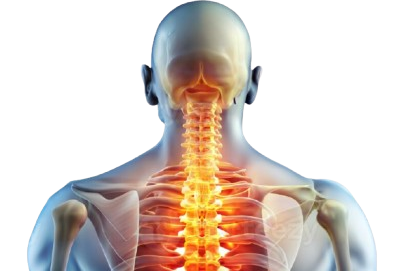
January 15, 2026
Exercises To Alleviate Back Pain and Strengthen Your Core
Back pain is a common reason individuals seek medical assistance. Strengthening the core muscles supports the spine, so regular exercise is an effective method for relief and prevention. This approach allows patients to manage discomfort effectively and improve overall mobility. Here is more information on back pain and exercises that help alleviate it: What Is Back Pain? Back pain encompasses a range of sensations from a dull ache to a sharp, burning pain. It often originates from muscles, nerves, bones, joints, or other structures in the spine. The pain can be localized to one spot, or it may spread to
Read more








